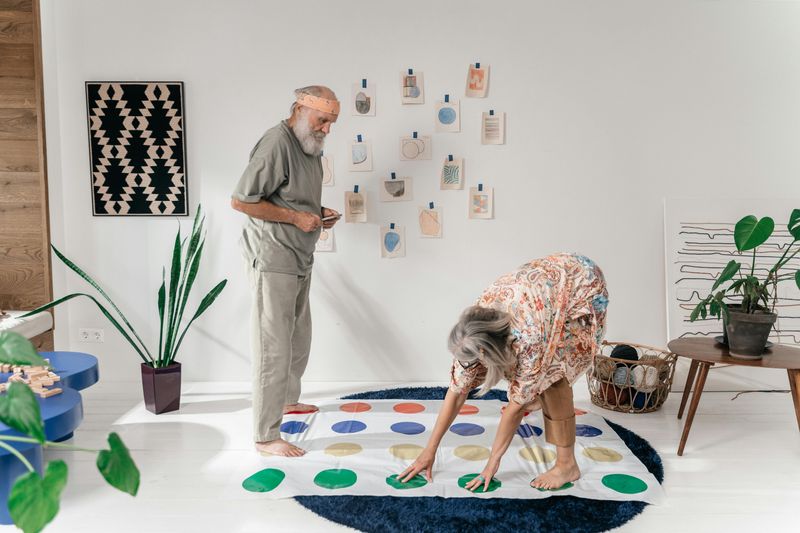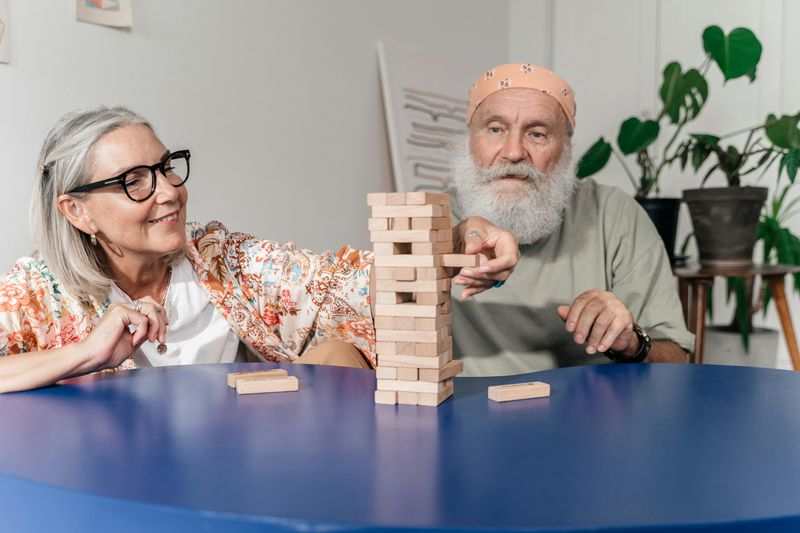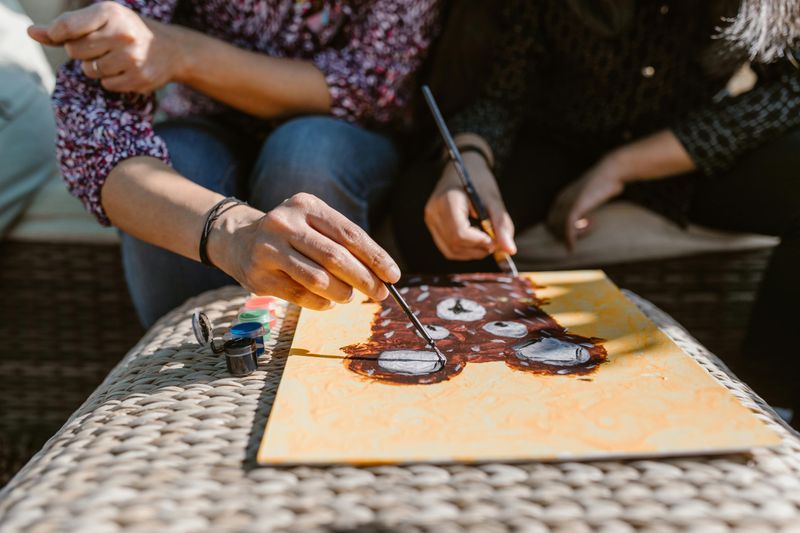7 Science-Backed Benefits of Daily Play Every Adult Should Know

Remember when play was your full-time job as a kid? Somewhere along the way, many of us traded playfulness for productivity. Research now shows that regular play isn’t just for children – it’s essential for adult wellbeing too. Scientists have discovered that making time for play can transform your health, relationships, and even your work performance in surprising ways.
1. Brain Boost

Laughter bubbles up as you toss a frisbee in the park – and your brain is quietly thanking you. Regular playful activities can trigger the release of endorphins, the body’s natural feel-good chemicals, which help ease stress, depression, and anxiety symptoms.
Mental health professionals also recognize the value of play therapy for adults, as it supports psychological resilience, fosters emotional flexibility, and strengthens problem-solving abilities.
Studies show that even brief moments of genuine play can boost overall life satisfaction. The key is choosing activities that spark joy rather than turning play into another item on your to-do list.
2. Work Wonders

Google, Pixar, and other innovative companies don’t install game rooms just for fun – they’re investing in proven productivity boosters. Research shows that employees who incorporate play into their workday are more effective problem-solvers and often work with greater efficiency than those who remain serious all the time.
Play also stimulates neuroplasticity – the brain’s ability to form new connections. This directly supports enhanced creativity, fresh thinking, and more innovative solutions to old challenges.
The magic happens because play frees you from rigid thinking patterns. A quick game, a burst of laughter, or even a short dance break activates different neural pathways, allowing your subconscious to explore ideas in new and breakthrough-generating ways.
3. Connection Creator

What looks like simple fun on a mini-golf course is actually meaningful connection in action. Engaging in playful experiences helps couples and loved ones strengthen their emotional foundation and grow closer.
During playful activities, we temporarily drop our social masks. This openness fosters authentic connection and builds trust more quickly than formal interactions. Research shows that couples and families who engage in playful activities together report stronger satisfaction and deeper emotional intimacy.
Play also teaches essential relationship skills. Cooperation, compromise, and even healthy competition emerge naturally through shared fun. Everyday moments—like cooking a meal together with a playful attitude—become opportunities to grow closer and reinforce emotional bonds.
4. Confidence Builder

“I can’t draw!” turns into “Look what I created!” when adults embrace playful creativity without judgment. This shift isn’t just about art—it represents a powerful boost in confidence that can spill over into all areas of life.
Play creates safe spaces to experiment, fail, and try again without serious consequences. Each small victory in a game or playful challenge reinforces belief in your abilities and builds resilience. Studies show that adults who regularly engage in play often report greater self-efficacy and a stronger sense of personal competence.
The confidence comes from experiencing mastery in low-stakes environments. Whether learning to juggle or conquering a video game level, these achievements generate real feelings of accomplishment that carry over into professional and personal challenges.
5. Youth Fountain

While it may look like simple fun, the grandmother running after her grandchildren is doing more than bonding—she’s promoting her own well-being. Active play helps keep the heart strong, joints limber, and balance sharp.
Studies show that playful physical activity activates many of the same health benefits as structured exercise. The difference is that people tend to stick with play longer because it feels enjoyable rather than like a chore.
Even non-physical play brings measurable health advantages. Activities like strategy games, puzzles, or playful creative pursuits are linked with improved cognitive function and reduced stress. The combination of mental engagement and positive emotions makes play a natural contributor to overall vitality and longevity.
6. Stress Buster

Your body can’t tell the difference between workplace stress and survival stress—it responds with the same flood of cortisol. Play acts as a natural off-switch for this stress response system, helping the body and mind return to balance.
Research shows that even short periods of playful activity can lower stress hormones. The laughter that often accompanies play adds further benefits, from relaxing muscles to improving circulation and oxygen flow throughout the body.
Play also creates healthy distance from daily stressors. When you’re fully absorbed in a game, hobby, or creative activity, your brain enters a flow state similar to meditation. This mental reset interrupts cycles of worry and gives your nervous system time to recover, ultimately strengthening resilience for future challenges.
7. Memory Keeper

For crossword enthusiasts, it’s more than a hobby—it’s brain training. Regularly challenging the mind in playful ways helps build cognitive reserves that support memory and attention well into later life.
Play activates multiple brain regions at once, building new neural pathways that act as support systems when age-related changes occur. The benefits grow when play includes novelty—trying new games, puzzles, or activities that stretch you beyond your usual comfort zone.
Social play adds even more protection. Card games, board games, or group activities combine mental challenge with social connection, addressing two powerful factors in brain health. This combination makes play a valuable tool for maintaining cognitive vitality and resilience throughout life.

Comments
Loading…